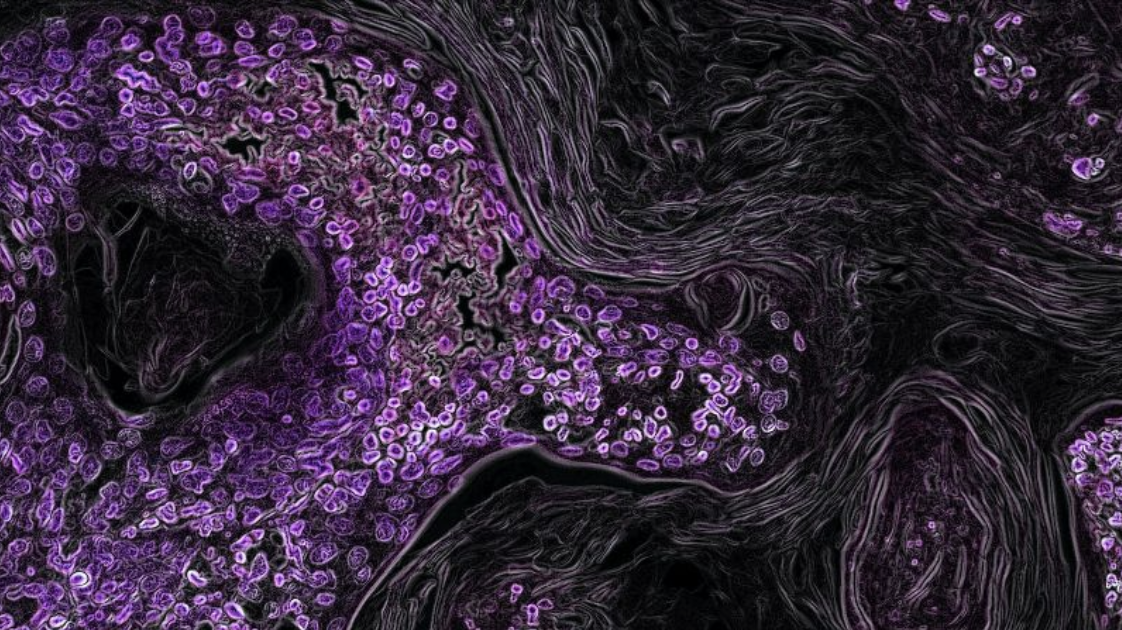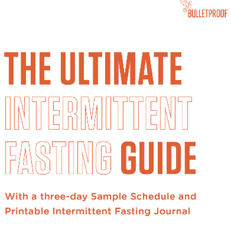The word "autophagy" comes from the Greek language and is translated to "self-eating."
Autophagy, on a cellular level, is when our cells remove built up waste to regenerate healthier, younger cells. It's the natural self-cleaning system your body uses to get rid of damaged and poor functioning cells.
On a daily basis, our cells accumulate waste. Damaged proteins, oxidized particles and dead organelles build up in our cells making it harder for them to function efficiently. This is where autophagy comes in. Autophagy happens naturally in our bodies every day. It is our body's natural process of removing damaged parts and defending itself against diseases. Usually autophagy just keeps working in the background without us ever consciously noticing. But, modern lifestyles have made it difficult for our bodies to keep up with the cellular waste we are producing. When autophagy can't keep up and isn't functioning correctly, our cells continue to create and hold on to waste. This leads to dysfunction, inflammation, and greater susceptibility to diseases.
Thankfully, there are things we can do to increase autophagy. Not only will these daily habits help remove cellular waste, they also aid in living a healthier, more functional lifestyle.
On a daily basis, our cells accumulate waste. Damaged proteins, oxidized particles and dead organelles build up in our cells making it harder for them to function efficiently. This is where autophagy comes in. Autophagy happens naturally in our bodies every day. It is our body's natural process of removing damaged parts and defending itself against diseases. Usually autophagy just keeps working in the background without us ever consciously noticing. But, modern lifestyles have made it difficult for our bodies to keep up with the cellular waste we are producing. When autophagy can't keep up and isn't functioning correctly, our cells continue to create and hold on to waste. This leads to dysfunction, inflammation, and greater susceptibility to diseases.
Thankfully, there are things we can do to increase autophagy. Not only will these daily habits help remove cellular waste, they also aid in living a healthier, more functional lifestyle.
- Intermittent Fasting - Research has shown that intermittent fasting (restricting your eating window) increases autophagy. Humans used to do this naturally when we had to hunt for our next meal and crops were scarce, but now food is always within our reach, making constant snacking a huge problem. Autophagy only happens when our body is in a fasted state. This turns on the AMPK pathways, signaling the body to start it's cleaning cycle. When we are constantly eating from the moment we wake up to when we go to bed, our body can only clean itself at night when we are asleep. Autophagy needs at least 12 hours, (but ideally 14-16 hours) of fasting daily to keep up with the amount of cellular waste we produce. Try starting with 12 hours and slowly work your way to a 16 hour fast. Even at 16 hours, that still gives you an 8 hour window to eat in!
- Exercise - High intensity exercise puts acute stress on the body. This stress helps signal to the body that autophagy is needed to clean out damaged and old cells caused by the breakdown of muscle to allow new, healthy cells to grow. Study's have shown that 30 minutes weightlifting and high intensity interval training (like CrossFit) yield the best results for stimulating autophagy. Be conscious of how much high intensity exercise you add to your week because too much constant stress can decrease autophagy. The best approach is to add high intensity workouts in 3-4 times a week and add in rucking, running, yoga or another form of light exercise on the other days.
- High Fat, Low Carb Diet - In addition to intermittent fasting, eating a high fat diet also increases autophagy. Fat is treated differently by the body. The body turns carbs and protein into glucose, meaning a carb or protein heavy diet has the body constantly working to convert its fuel source into a usable form. In a high fat diet, the body is able to use a more efficient fuel source: ketones. Ketones allow our body to enter autophagy whereas using glucose (carbs and protein) as fuel cannot. Many studies on this topic conclude this is because ketones mimic the signals of a fasted state, so our bodies are able to perform autophagy when in ketosis.
- Restorative Sleep - Sleep is about the only time many people in modern society are able to perform autophagy. One of the reasons is because this is one of the only extended periods of time when we are not eating. The other reason is because autophagy is linked to natural circadian rhythm. When our sleep is disrupted by phone dings, too much blue light before bed or any other interruptions, it stops autophagy. Prioritizing high quality sleep will not only help you wake up feeling rested the next day, but improve autophagy, allowing you to live longer and feel better.
| Websites We are all in search of a new normal these days. The current events impact everyone - yet each individual is experiencing their own unique emotions and journey. This pandemic is equal parts danger and opportunity. Tish explores this concept in her latest article Danger + Opportunity and helps us see the beauty in the storm. |
| Guides Intermittent fasting is one of the easiest ways to increase autophagy. Bulletproof created The Ultimate Intermittent Fasting Guide to help you learn about intermittent fasting, the different types, and a three day sample schedule. The best part is this guide contains a printable intermittent fasting journal to help you track your progress! |




 RSS Feed
RSS Feed